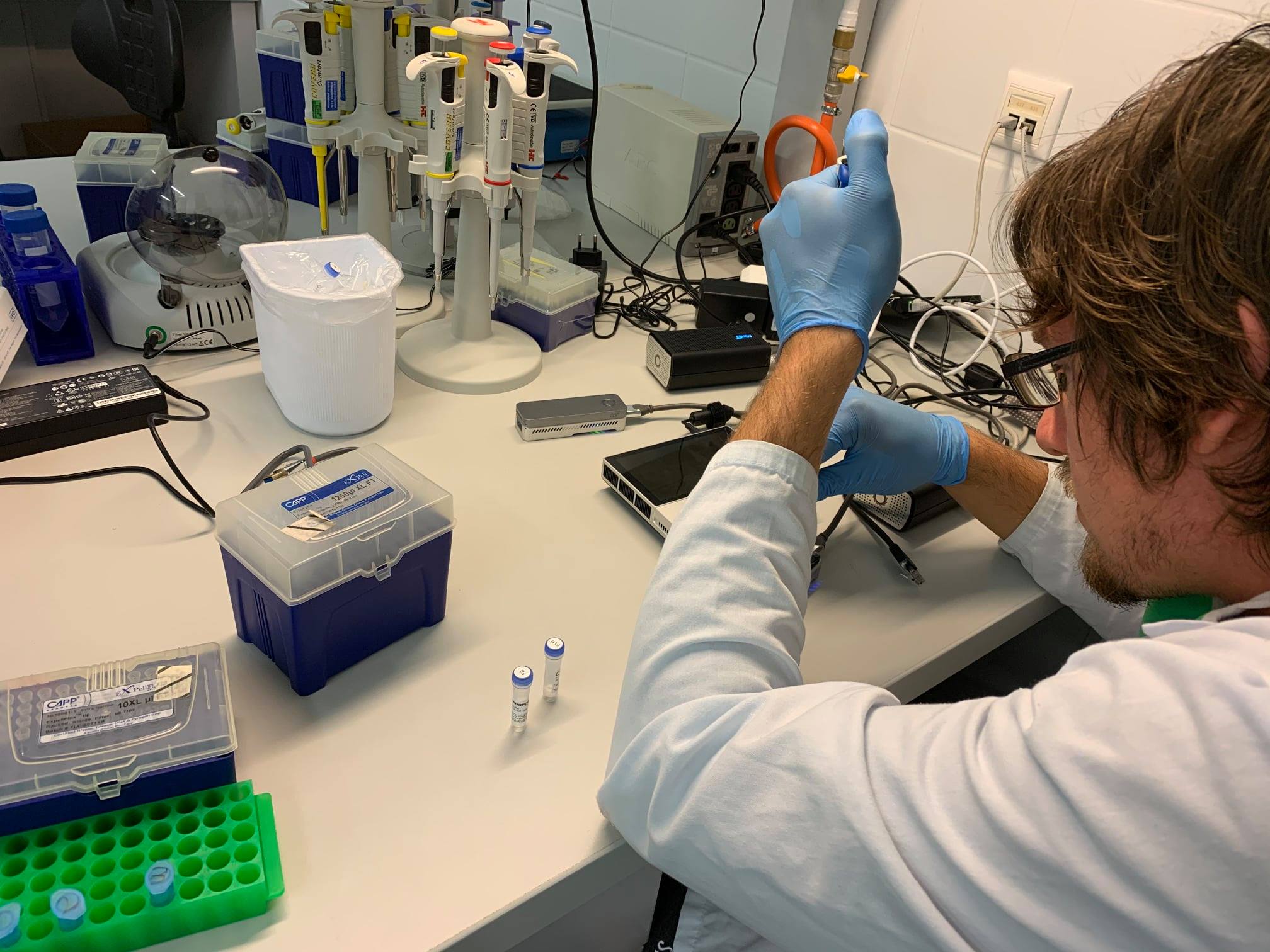Commercial nasal spray might help protect against Covid? – Hungarian research group says

With the emergence of the novel coronavirus, the demand of medicine that can help slow the pandemic has skyrocketed. Thanks to the discovery of the Virological Research Group of the University of Pécs, a nasal spray might help the fight against the pandemic.
The potential use of a nasal spray widely available in Hungary for lowering the risk of being infected by the coronavirus came earlier this year, when the international research started by the Virological Research Group of the University of Pécs, Forbes wrote.
The substance that the research group has examined is called azelastine, which is an anti-histamine. “Azelastine, an histamine receptor-blocker, was predicted in multiple screens, and based on its attractive safety profile and availability in nasal formulation, was selected for experimental testing,” says the research group in their study.
The in vitro findings of the substance by the Virological Research Group of the University of Pécs were promising and even the Institute of Virology of the Medical University of Innsbruck confirmed these results. So, the Hungarian research group performed further testing.
“Since azelastine is widely used in anti-allergy nasal sprays, we tested one of the commercially available products on reconstituted human 3D nasal tissue (MucilAir™),” the study says.
“Selected by computational prediction and confirmed by in vitro experimental testing, we identified azelastine, an anti-allergy compound, broadly available in nasal formulation as a potential anti-COVID-19 remedy.”
These mandatory Hungarian vaccines may promote immunity against COVID-19
As the results were encouraging, CEBINA partner URSAPHARM conducted a double-blind, placebo-control clinical efficacy study involving 84 SARS-CoV-2 infected volunteers at the University of Cologne, Germany, National Geographic writes.
The study demonstrated that the nasal spray containing azelastine was able to counter the adhesion and multiplication of the virus in the nose during the early stages of infection.
How effective are COVID vaccines really in Hungary? – Recent statistics show
It can positively influence the severity or even prevent the development of the coronavirus, National Geographic added. A 97% reduction of the viral load was observed in azelastine-treated patients compared to the control group.
The Virological Research Group of the University of Pécs would thus recommend the use of nasal sprays with azelastine as a form of supplementing virus prevention methods such as the vaccine, but says that further clinical testing may be required.
Source: Ng.24.hu, Szkk.pte.hu, Forbes.hu, Biorxiv.org


Snot nothing to be laughed at
.